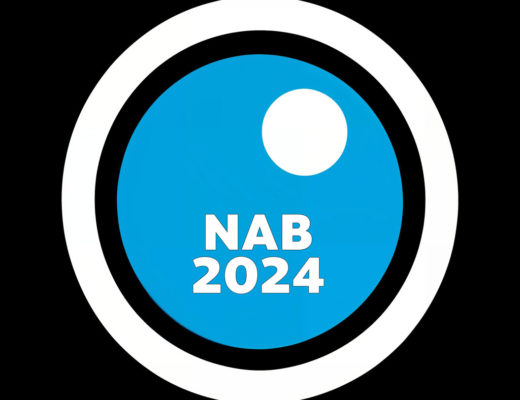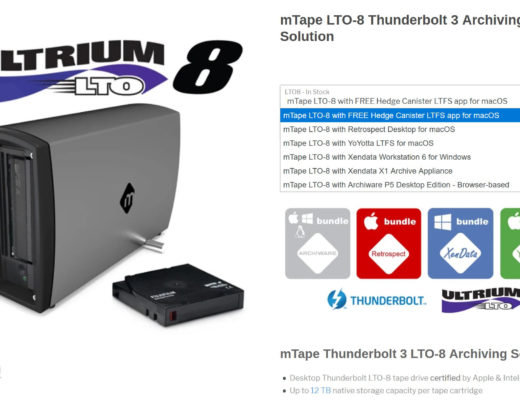Hoffman says, is that every investor will soon have the same ability as Moyer’s hedge fund managers to export, manipulate, and mash up financial data. “Look how blogs changed news reporting,” he says. “Anybody is a reporter. With XBRL, anyone can be an analyst.”
XBRL(eXtensible Business Reporting Language) is an open standard which supports information modeling and the expression of semantic meaning commonly required in business reporting. XBRL isXML-based. It uses the XML syntax and relatedXMLtechnologies such asXML Schema,XLink,XPath, andNamespacesto articulate this semantic meaning. One use of XBRL is to define and exchange financial information, such as a financial statement. The XBRL Specification is developed and published byXBRL International, Inc. (XII).
XBRL is a standards-based way to communicate business and financial information. These communications are defined bymetadataset out intaxonomies. Taxonomies capture the definition of individualreportingconcepts as well as the relationships between concepts and othersemanticmeaning.
XBRLSis a simplified form of this standard intended to enable the non-XBRL expert to create both XBRL metadata and XBRL reports in a simple and convenient manner. At the same time, it seeks to improve the usability of XBRL, the interoperability among XBRL-based solutions and to reduce software development costs.
A wiki repository of XBRL projects can be found atWorldwide XBRL Projects, to be freely explored and updated.
http://en.wikipedia.org/wiki/XBRL
Road Map for Financial Recovery: Radical Transparency Now!
snip:
That’s the kind of scenario that has keptCharlie Hoffmanmotivated for the past decade. A 50-year-old accountant from Tacoma, Washington, Hoffman is the originator ofXBRL, a set of tags that standardizes financial information. Hoffman stumbled on the idea while trying to figure out a way to automate the tedious auditing process. (“Basically, I’m lazy,” he says.) But while Moyer’s team was forced to create complicated algorithms to codify kludgy financial documents after they were filed, Hoffman is agitating for companies to file their data in a standardized format from the very start. Today, nearly 50 companies report their information in XBRL to the SEC, but Hoffman says the protocol’s real power will be realized only when every company starts using it—to keep track of their own operations as well as to report their numbers to investors and regulators. If all businesses are required to tag their every move, from each iPhone sold by Apple to every interest payment made by Exxon, they won’t be able to engage in the kind of balance-sheet chicanery that kept Enron’s investors in the dark. “Financial reporting should work the way that an iPod works,” Hoffman says. “It should just be elegant and simple.”
A few years ago, when banking regulators started requiring filings in XBRL from its member banks, it found that the time it took auditors to review a bank’s quarterly financial information dropped from about 70 days to two. More regulators are catching on: Last December,the SEC announcedthat by June, every company with a market capitalization over $5 billion will be required to submit all filings using the format. And all publicly traded companies and mutual funds must follow suit by 2011. The result, Hoffman says, is that every investor will soon have the same ability as Moyer’s hedge fund managers to export, manipulate, and mash up financial data. “Look how blogs changed news reporting,” he says. “Anybody is a reporter. With XBRL, anyone can be an analyst.”
Continues @http://www.wired.com
Related articles by Zemanta
- XBRL: Mashing up Financial Statements (readwriteweb.com)
- Why XBRL is good, mandate or no (infoworld.com)

Filmtools
Filmmakers go-to destination for pre-production, production & post production equipment!
Shop Now
![XBRLS - Radical Transparency Now! 3 Reblog this post [with Zemanta]](http://img.zemanta.com/reblog_e.png?x-id=95e6f5c1-ecc0-4663-846a-60bba3147c21)













